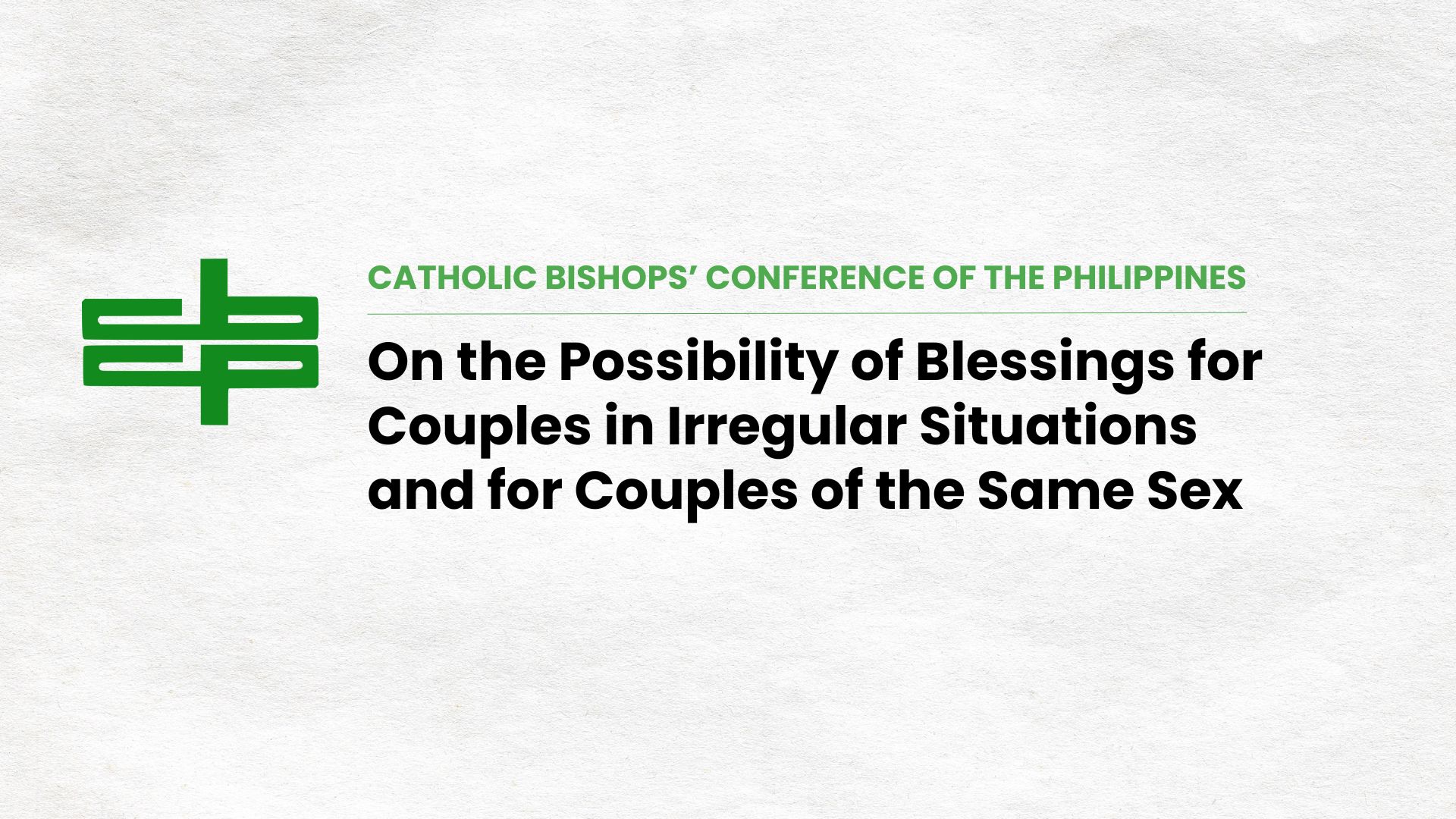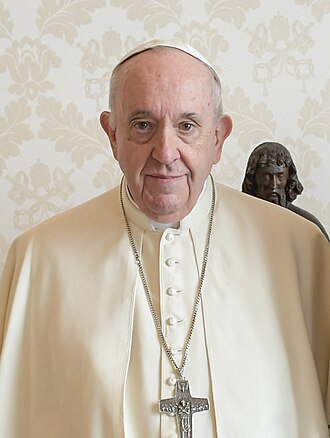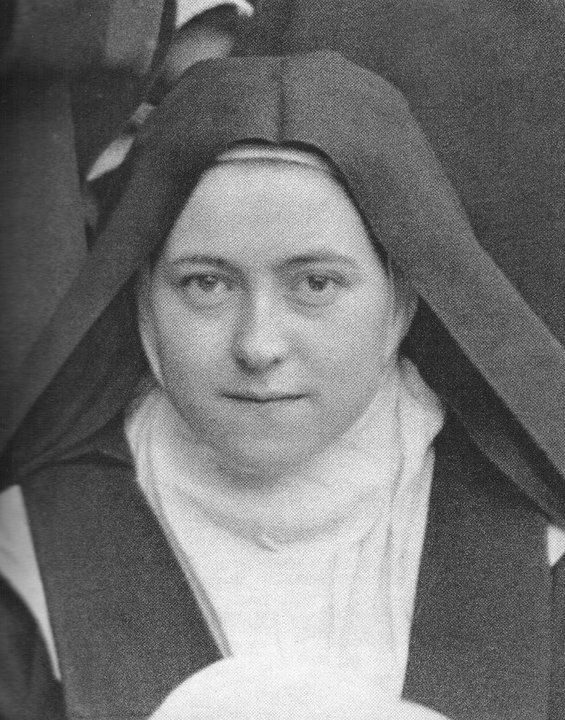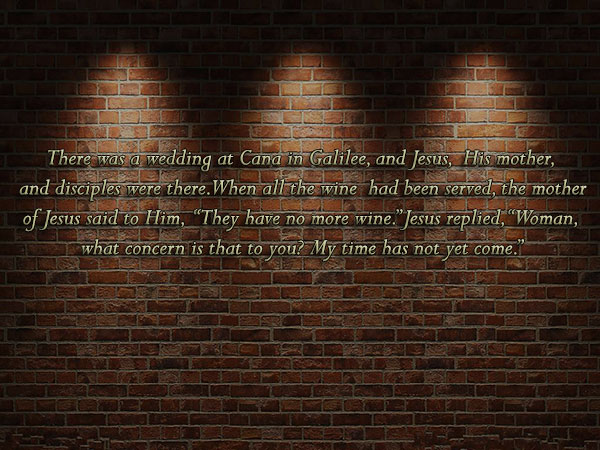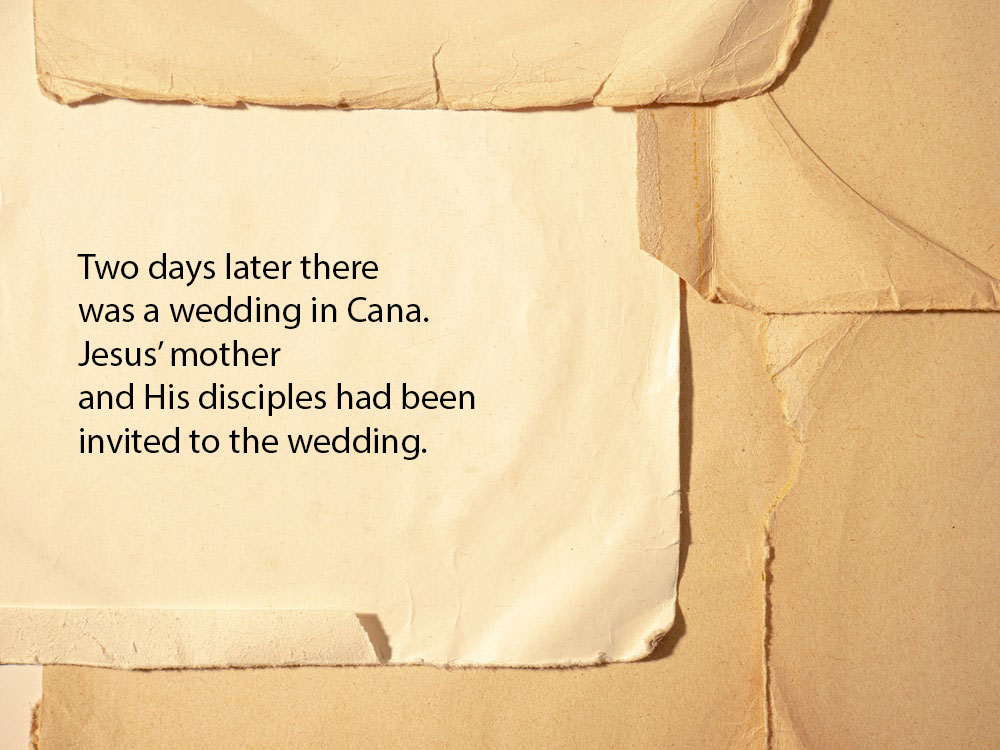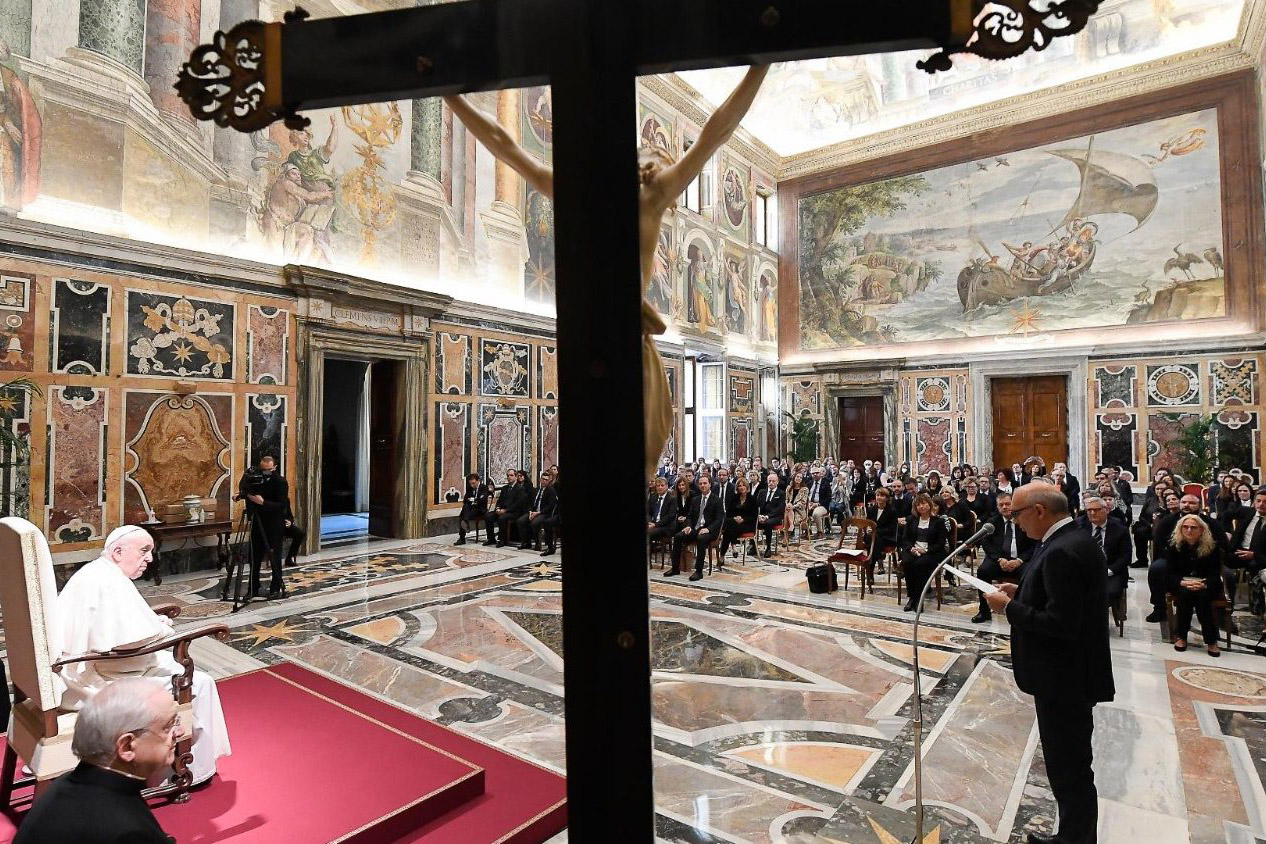
By Hannah Brockhaus
Catholic News Agency
October 15, 2021
VATICAN— Conscientious objection to abortion and euthanasia is an integral part of a doctor’s fidelity to the medical profession, Pope Francis told a group of Italian pharmacists on Thursday.
“On an individual level, the pharmacist, each of you, uses medicinal substances which can however turn into poisons. Here it is a question of exercising constant vigilance, so that the objective is always the patient’s life in its entirety,” the pope said on Oct. 14.
“You are always at the service of human life,” he told the group of pharmacists. “And this may in some cases involve conscientious objection, which is not infidelity, but on the contrary, fidelity to your profession, if validly motivated.”
The pope addressed participants in a congress organized by the Italian Society of Hospital Pharmacy during a meeting in the Vatican’s Clementine Hall.
He noted that today it is fashionable to think that “removing conscientious objection” is a good idea, but, he said, protection of one’s conscience is the ethical right of every health professional, and can never be negotiated.
Conscientious objection “is precisely the fundamental responsibility of health professionals,” he added, “and it is also a denunciation of the injustices committed against innocent and defenseless human life.”
Turning to abortion, the pope said that life issues were a delicate subject that required competence and integrity.
“You know that I am very clear about this: [abortion] is a murder and it is not permissible to become accomplices,” Francis said, explaining that it is a duty to be close to women in difficult situations so that they are not left to think that abortion will solve their problems.
“Because in reality, it is not the solution,” he said. “Then life, after 10, 20, 30 years, passes you the bill.”
The long-term repercussions of an abortion, he said, are often heard by Catholic priests in the Sacrament of Reconciliation.
“You have to stay in a confessional to understand the very hard price of this,” he said.
Pope Francis said that Italy’s national public health system was important “as an essential element to guarantee the common good and social growth of a country.”
He urged pharmacists not to let the “throwaway culture” affect their work, treating the elderly the same way they would care for younger patients.
The pope also compared the work of a hospital pharmacist to the hidden service of the Good Samaritan in Jesus’ parable.
“The daily routine and the hidden service have no visibility, little, so to speak, little visibility,” he said. “Precisely for this reason, if they are accompanied by prayer and love, they generate the ‘holiness of everyday life.’”
“Because without prayer and without love — you know well — this routine becomes dry. But with love, done with love and with prayer, it leads you to ‘next door’ holiness: anonymous saints who are everywhere because they do what they have to do well.”



